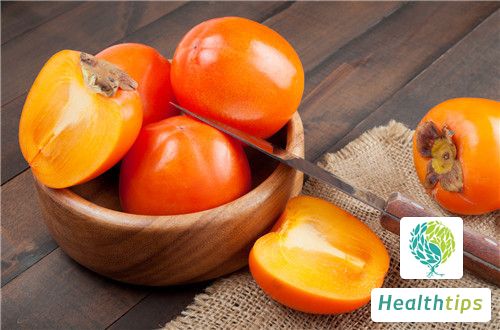The Benefits and Functions of Persimmons:

Persimmons have the effect of moisturizing the lungs and resolving phlegm. Eating a moderate amount of persimmons can stimulate saliva production and quench thirst, while also moisturizing the lungs and resolving phlegm. They can also lubricate the large intestine, and for those suffering from intestinal dryness, constipation, difficult bowel movements, or hemorrhoid bleeding, persimmons can help lubricate the large intestine and promote bowel movements. Furthermore, they can prevent cardiovascular and cerebrovascular diseases, lower blood pressure, and improve cardiovascular health.
1. Moisturizing the Lungs, Resolving Phlegm, Stimulating Saliva Production, and Quenching Thirst: Eating a moderate amount of persimmons has the effects of clearing heat and detoxifying, moisturizing the lungs and resolving phlegm, quenching thirst, stimulating saliva production, strengthening the spleen, treating diarrhea, and stopping bleeding for conditions such as dry stool, hemorrhoid pain, bleeding, dry cough, throat pain, and hypertension.
2. Improving Blood Circulation and Lowering Blood Pressure: Persimmons have the functions of lowering blood pressure, softening blood vessels, increasing coronary blood flow, improving blood circulation, and reducing inflammation in the cardiovascular system.
3. Supplementing Vitamin C: The content of vitamin C and sugar in persimmons is 1 to 2 times higher than that in ordinary fruits. Eating a moderate amount of persimmons can provide a significant amount of vitamin C.
4. Helping with Alcohol Detoxification: Persimmons can promote the oxidation of ethanol in the blood, aiding in the excretion of alcohol from the body and reducing its harmful effects.
Notes on Eating Persimmons:
1. Do not eat on an empty stomach.
2. People with cold-induced stomach conditions should avoid eating.
3. Persimmons are rich in sugars, mostly sucrose, glucose, and fructose, which are easily digestible and can raise blood sugar levels, so they are not suitable for people with diabetes.




















